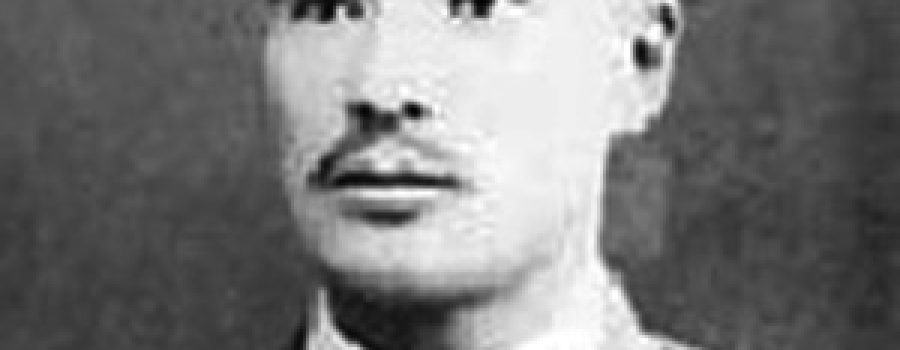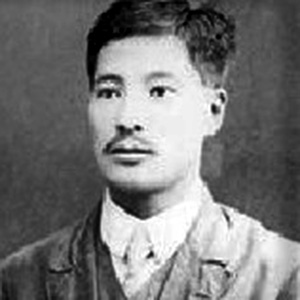
Deng Yulin
December 1950
Prison Terms:
Death penalty
Charges:
Counterrevolutionary
Crime:
Organizing counterrevolutionary riots
Deng Yulin, belonging to the Tujia ethnic minority, was born in Badong County, Hubei Province. Although he joined the army of the Qing Dynasty, he was secretly a member of various anti-Qing organizations. During the Wuchang Uprising on October 10, 1911, Xiong Bingkun’s unit of infantry fired the first shot, and Deng Yulin’s unit of artillery fired the first cannon shot. As a result, Deng would be awarded the rank of Lieutenant General in the nascent Republic of China.
In the Northern Expedition in 1926, Deng served as the commander of the First Route Army of the Left Army Group. In 1927, he retired from the military and moved to Shanghai.
When the Second Sino-Japanese War broke out, the Japanese occupied Shanghai in 1937. Deng refused to collaborate with the Japanese and moved to Wuhan. After the fall of Wuhan, he moved to Yichang and then Chongqing, where he served as member of the Military Affairs Commission of the Republic of China.
In 1943, Deng returned to his hometown of raise funds for the establishment of schools and industries. In 1946, he was elected as a representative to the National Assembly. Following the Communist takeover in 1949, Deng declined the invitation of the outgoing Republic of China government to relocate to Taiwan. He instead stayed in Badong County and joined the new local government, where he served as the county’s secretary-general.
In 1950, the CCP launched the Campaign to Suppress Counterrevolutionaries. Towards the end of the year, Deng was arrested. He was convicted of “organizing counterrevolutionary riots” and executed in April 1951.
In 1982, the CCP acknowledged that Deng had been wrongfully executed and posthumously politically rehabilitated him.
-
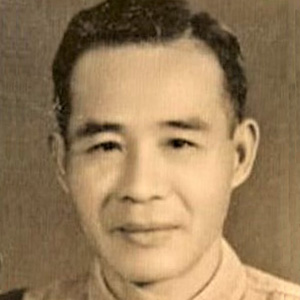 ALong(Chen Shoumei)ALong(Chen Shoumei)
ALong(Chen Shoumei)ALong(Chen Shoumei) -
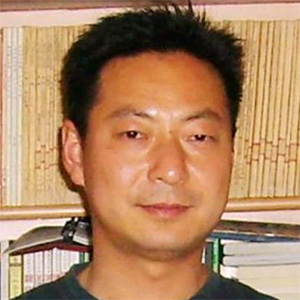 Guo QuanGuo Quan
Guo QuanGuo Quan -
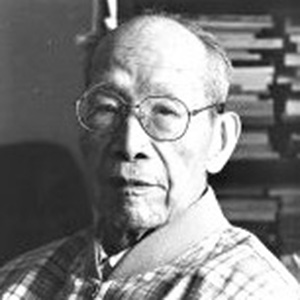 Jia ZhifangJia Zhifang
Jia ZhifangJia Zhifang -
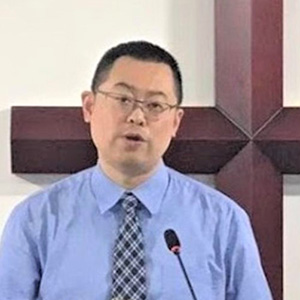 Wang YiWang Yi
Wang YiWang Yi -
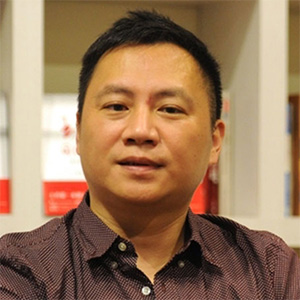 Wang DanWang Dan
Wang DanWang Dan -
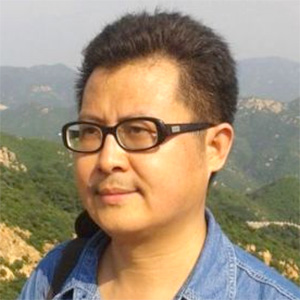 Yang Maodong(GuoFeixiong)Yang Maodong(GuoFeixiong)
Yang Maodong(GuoFeixiong)Yang Maodong(GuoFeixiong) -
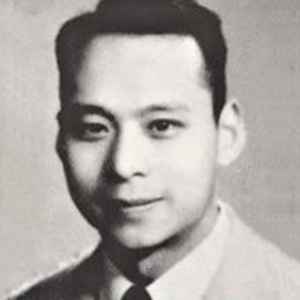 Chu LipengChu Lipeng
Chu LipengChu Lipeng -
 Deng YulinDeng Yulin
Deng YulinDeng Yulin -
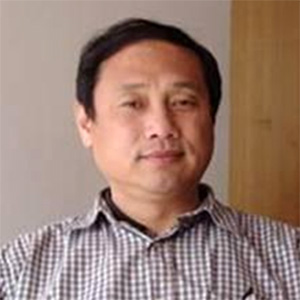 Wang JuntaoWang Juntao
Wang JuntaoWang Juntao -
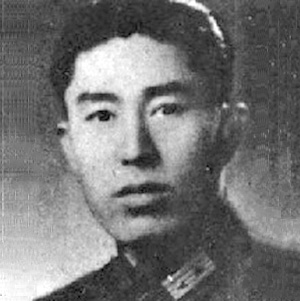 Wu TinglinWu Tinglin
Wu TinglinWu Tinglin -
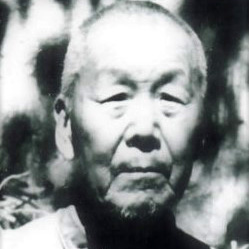 Zhang HezhiZhang Hezhi
Zhang HezhiZhang Hezhi -
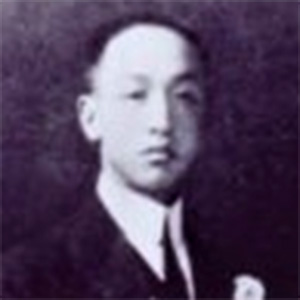 Xia ZhishiXia Zhishi
Xia ZhishiXia Zhishi -
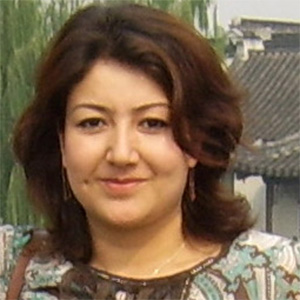 Gulmira IminGulmira Imin
Gulmira IminGulmira Imin -
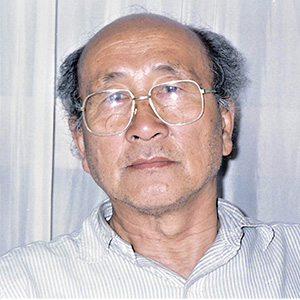 Feng GuojiangFeng Guojiang
Feng GuojiangFeng Guojiang -
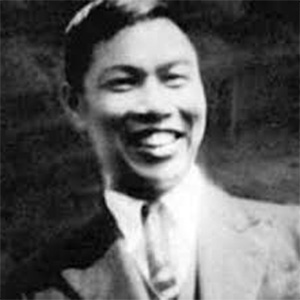 Ni Tuosheng(Watchman Nee)Ni Tuosheng(Watchman Nee)
Ni Tuosheng(Watchman Nee)Ni Tuosheng(Watchman Nee) -
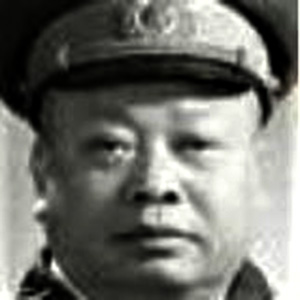 Ni BiNi Bi
Ni BiNi Bi -
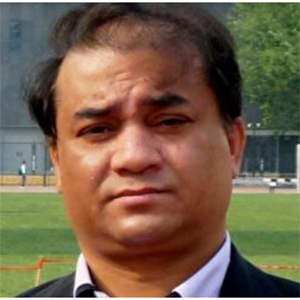 Ilham TohtiIlham Tohti
Ilham TohtiIlham Tohti -
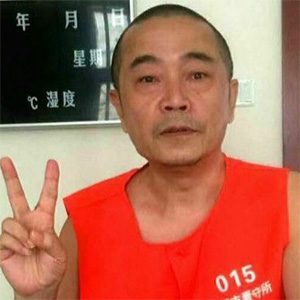 Huang QiHuang Qi
Huang QiHuang Qi -
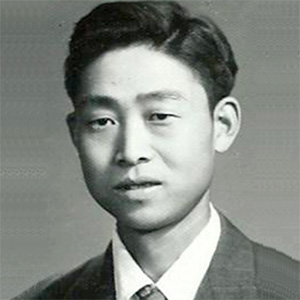 Han RuiHan Rui
Han RuiHan Rui -
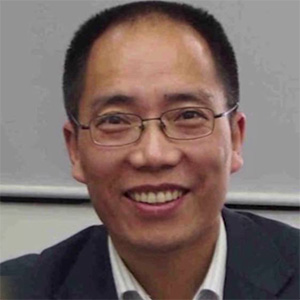 Zhao ChangqingZhao Changqing
Zhao ChangqingZhao Changqing -
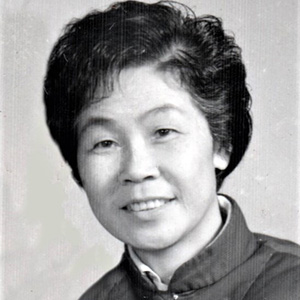 Tan ChanxueTan Chanxue
Tan ChanxueTan Chanxue -
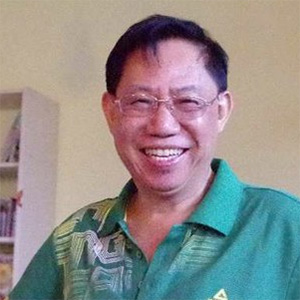 Hu ShigenHu Shigen
Hu ShigenHu Shigen -
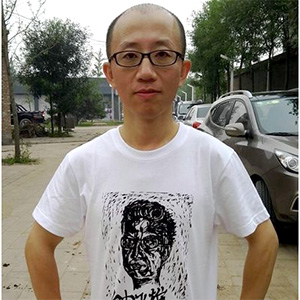 Hu JiaHu Jia
Hu JiaHu Jia -
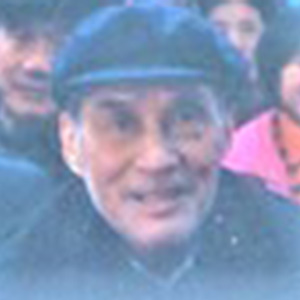 Wang YijunWang Yijun
Wang YijunWang Yijun -
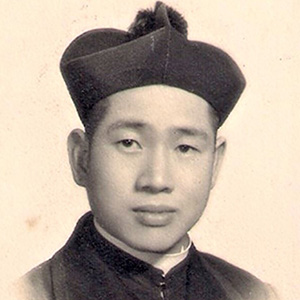 Zhu WeifangZhu Weifang
Zhu WeifangZhu Weifang -
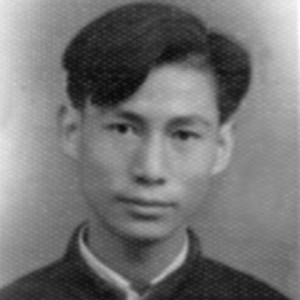 Xiang ChengjianXiang Chengjian
Xiang ChengjianXiang Chengjian -
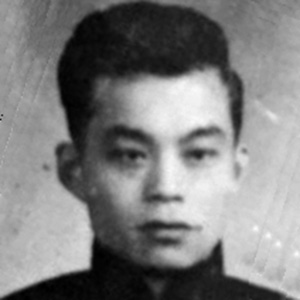 Shan SonglinShan Songlin
Shan SonglinShan Songlin -
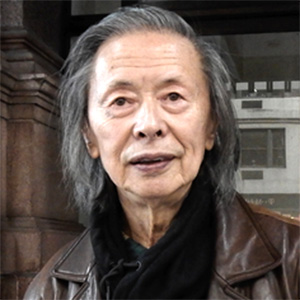 Huang XiangHuang Xiang
Huang XiangHuang Xiang -
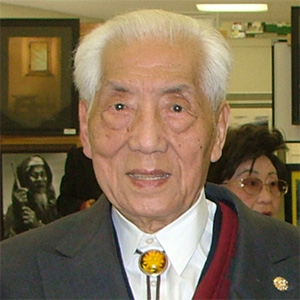 Lu KengLu Keng
Lu KengLu Keng -
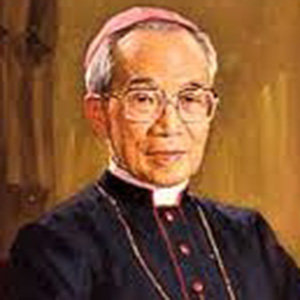 Tang Yee-MingTang Yee-Ming
Tang Yee-MingTang Yee-Ming -
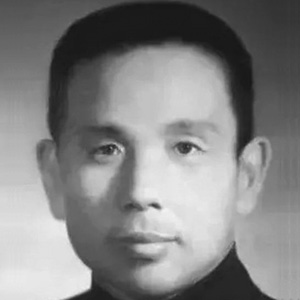 Ge PeiqiGe Peiqi
Ge PeiqiGe Peiqi -
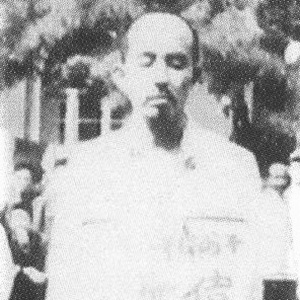 Wang ShiweiWang Shiwei
Wang ShiweiWang Shiwei -
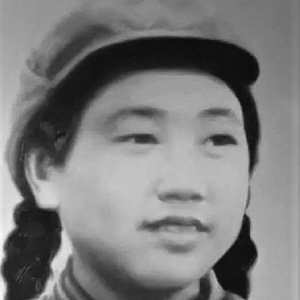 Lin XilingLin Xiling
Lin XilingLin Xiling -
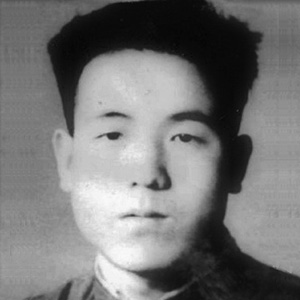 Du YinghuaDu Yinghua
Du YinghuaDu Yinghua -
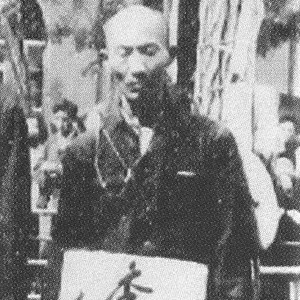 Li DehuaLi Dehua
Li DehuaLi Dehua -
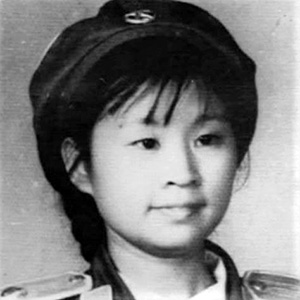 Bu QinfuBu Qinfu
Bu QinfuBu Qinfu -
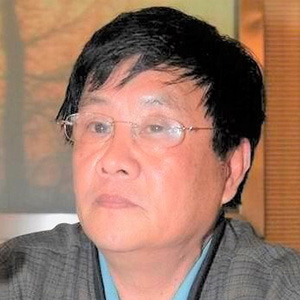 Ren YiRen Yi
Ren YiRen Yi -
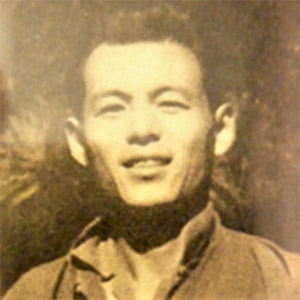 Wang TongzhuWang Tongzhu
Wang TongzhuWang Tongzhu -
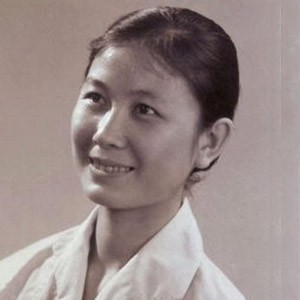 Li XiangzhiLi Xiangzhi
Li XiangzhiLi Xiangzhi -
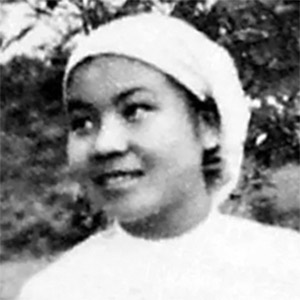 Guan MinghuaGuan Minghua
Guan MinghuaGuan Minghua -
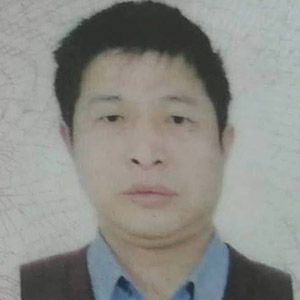 Hu Zhongxi & Hou JunHu Zhongxi & Hou Jun
Hu Zhongxi & Hou JunHu Zhongxi & Hou Jun -
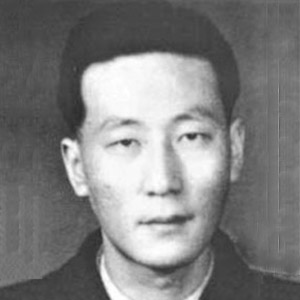 Lu HongenLu Hongen
Lu HongenLu Hongen -
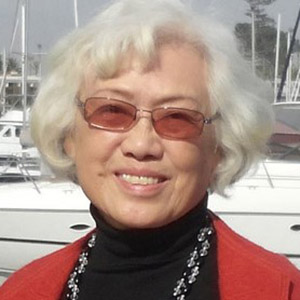 Li ManyinLi Manyin
Li ManyinLi Manyin -
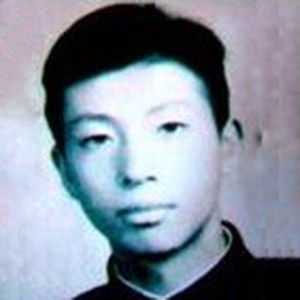 Zheng JienongZheng Jienong
Zheng JienongZheng Jienong -
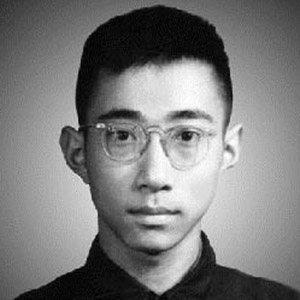 Shen YuanShen Yuan
Shen YuanShen Yuan -
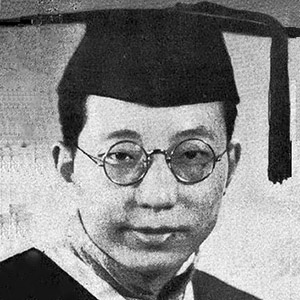 Xu ZhangbenXu Zhangben
Xu ZhangbenXu Zhangben -
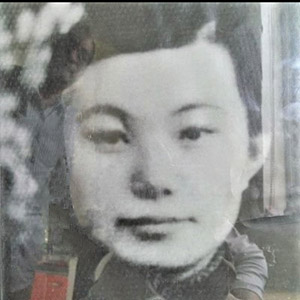 Zhang PeiyingZhang Peiying
Zhang PeiyingZhang Peiying -
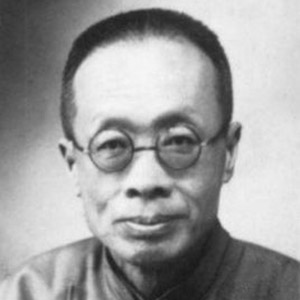 Zhang DongsunZhang Dongsun
Zhang DongsunZhang Dongsun -
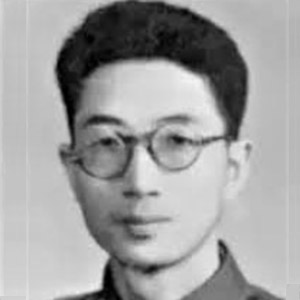 Lu YingLu Ying
Lu YingLu Ying -
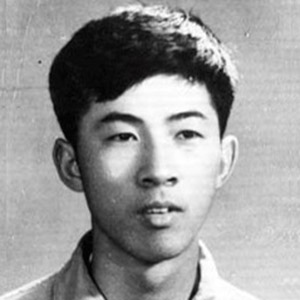 Liu Wenhui&Liu WenzhongLiu Wenhui&Liu Wenzhong
Liu Wenhui&Liu WenzhongLiu Wenhui&Liu Wenzhong -
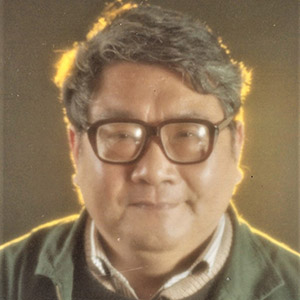 Li WulingLi Wuling
Li WulingLi Wuling -
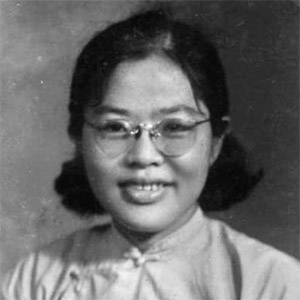 Lu LanxiuLu Lanxiu
Lu LanxiuLu Lanxiu -
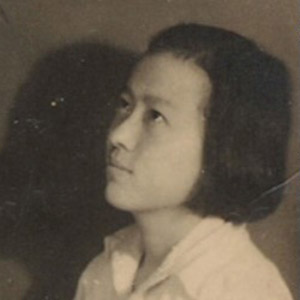 Shu SaiShu Sai
Shu SaiShu Sai -
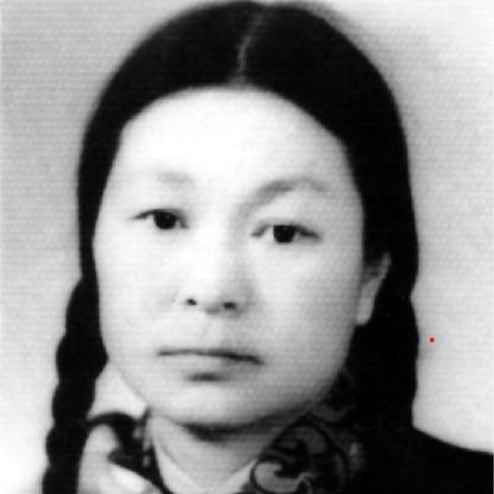 Wang PeiyingWang Peiying
Wang PeiyingWang Peiying -
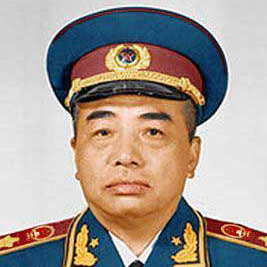 Peng DehuaiPeng Dehuai
Peng DehuaiPeng Dehuai -
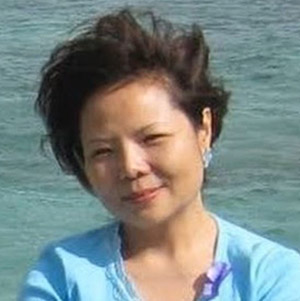 Zhang JingZhang Jing
Zhang JingZhang Jing -
 Sun LiyongSun Liyong
Sun LiyongSun Liyong -
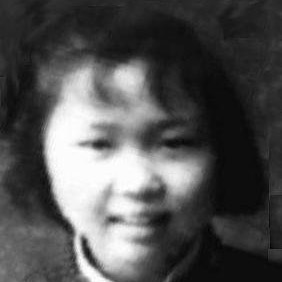 Ding ZuxiaoDing Zuxiao
Ding ZuxiaoDing Zuxiao -
 Gao HongweiGao Hongwei
Gao HongweiGao Hongwei -
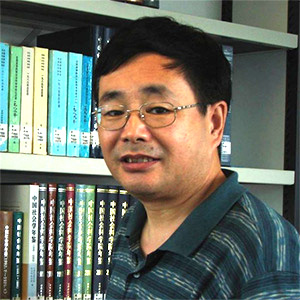 Chen ZimingChen Ziming
Chen ZimingChen Ziming -
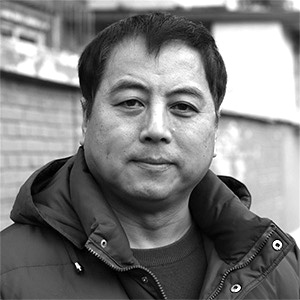 Dong ShengkunDong Shengkun
Dong ShengkunDong Shengkun -
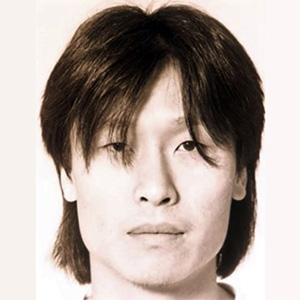 Wu WenjianWu Wenjian
Wu WenjianWu Wenjian -
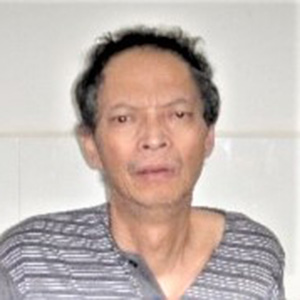 Li WangyangLi Wangyang
Li WangyangLi Wangyang -
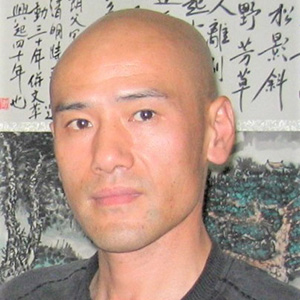 Zhang YanshengZhang Yansheng
Zhang YanshengZhang Yansheng -
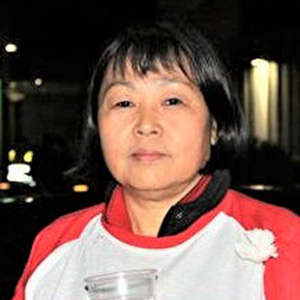 Sun BaoqiangSun Baoqiang
Sun BaoqiangSun Baoqiang -
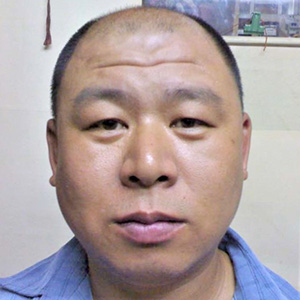 Sun HongSun Hong
Sun HongSun Hong -
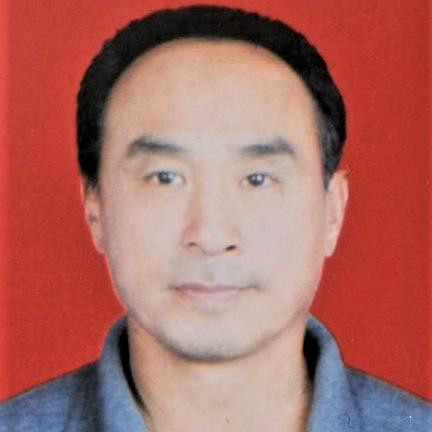 Jiang ChunyuanJiang Chunyuan
Jiang ChunyuanJiang Chunyuan -
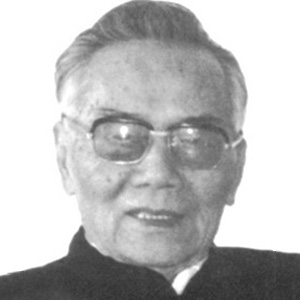 Lei ZhenxiaLei Zhenxia
Lei ZhenxiaLei Zhenxia -
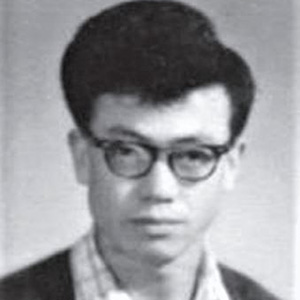 Chen BingqiChen Bingqi
Chen BingqiChen Bingqi -
 Hao NaiHao Nai
Hao NaiHao Nai -
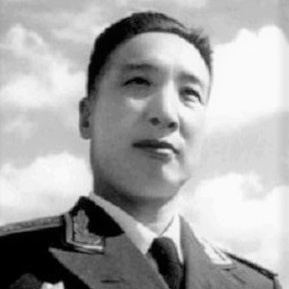 Cai TiegenCai Tiegen
Cai TiegenCai Tiegen -
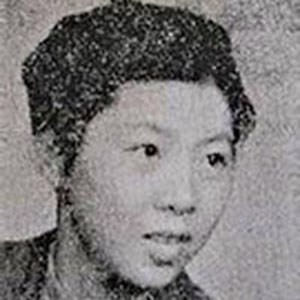 Mao YingxingMao Yingxing
Mao YingxingMao Yingxing -
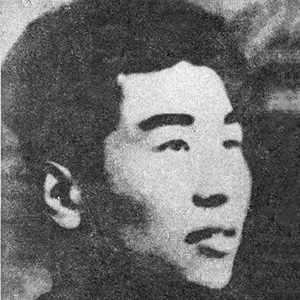 Xin YuanhuaXin Yuanhua
Xin YuanhuaXin Yuanhua -
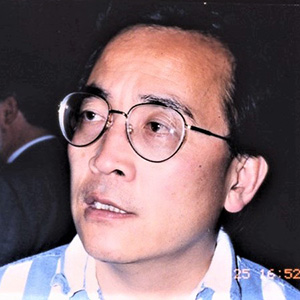 Zhang LanglangZhang Langlang
Zhang LanglangZhang Langlang -
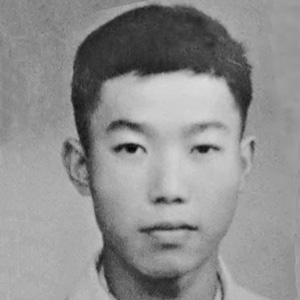 Zhang JiunengZhang Jiuneng
Zhang JiunengZhang Jiuneng -
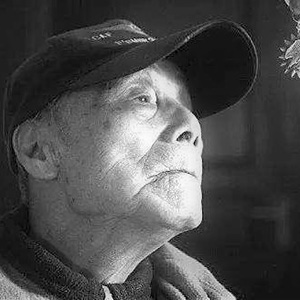 Wu QiyaoWu Qiyao
Wu QiyaoWu Qiyao -
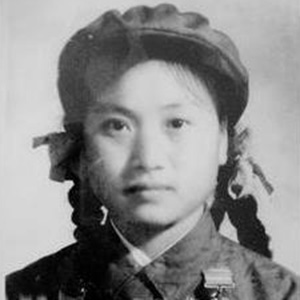 Feng YuanchunFeng Yuanchun
Feng YuanchunFeng Yuanchun -
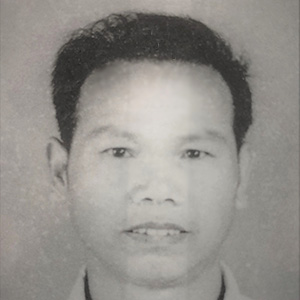 Zeng ShirongZeng Shirong
Zeng ShirongZeng Shirong -
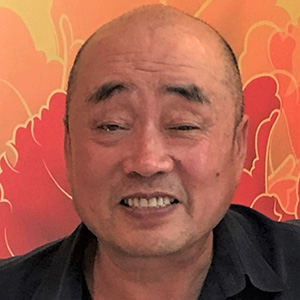 Zha JianguoZha Jianguo
Zha JianguoZha Jianguo -
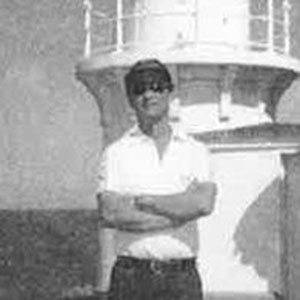 Ye ShaohuaYe Shaohua
Ye ShaohuaYe Shaohua -
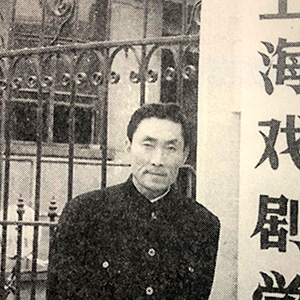 Wenche HeenWenche Heen
Wenche HeenWenche Heen -
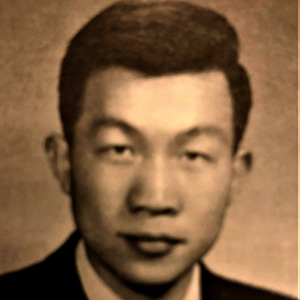 Peter TangPeter Tang
Peter TangPeter Tang -
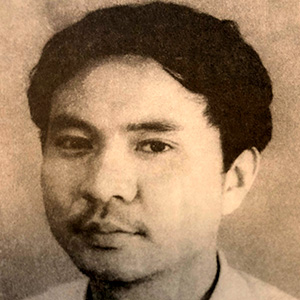 Shang JianguoShang Jianguo
Shang JianguoShang Jianguo -
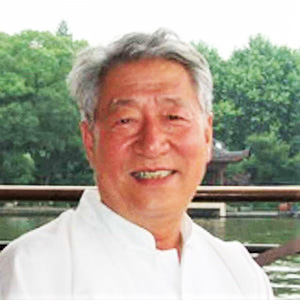 Wang ShuyaoWang Shuyao
Wang ShuyaoWang Shuyao -
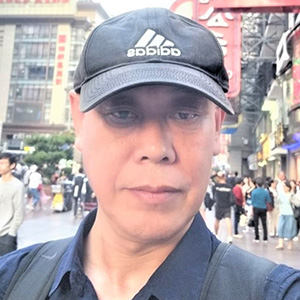 Qin GengQin Geng
Qin GengQin Geng -
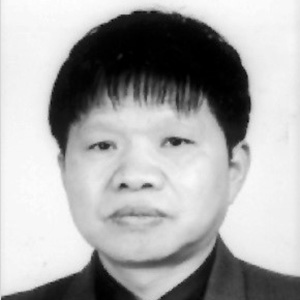 Min HeshunMin Heshun
Min HeshunMin Heshun -
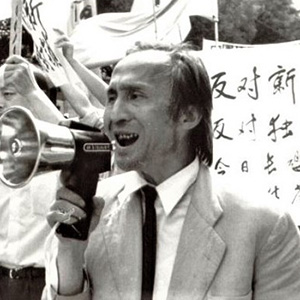 Li GuirenLi Guiren
Li GuirenLi Guiren -
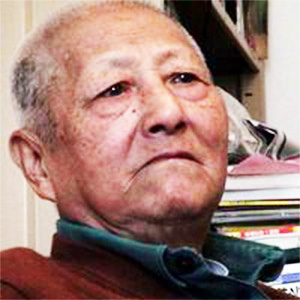 Gan CuiGan Cui
Gan CuiGan Cui -
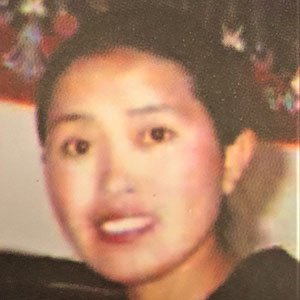 Ghang LhamoGhang Lhamo
Ghang LhamoGhang Lhamo -
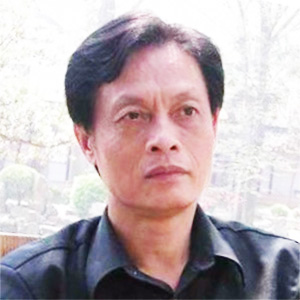 Jiang QishengJiang Qisheng
Jiang QishengJiang Qisheng -
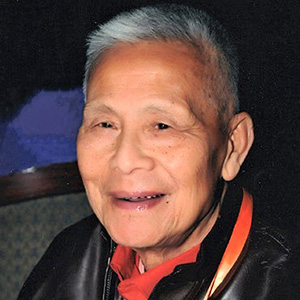 Hu XianzhongHu Xianzhong
Hu XianzhongHu Xianzhong -
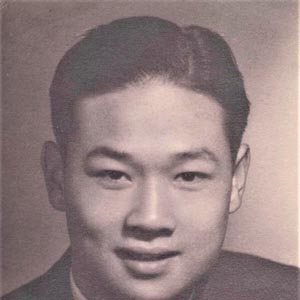 Huang ZhanHuang Zhan
Huang ZhanHuang Zhan -
 Alimujiang YimitiAlimujiang Yimiti
Alimujiang YimitiAlimujiang Yimiti -
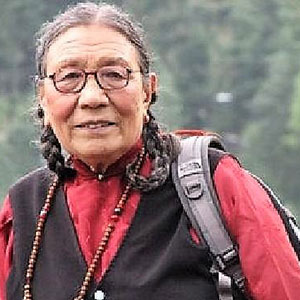 Ama Adhe TapontsongAma Adhe Tapontsong
Ama Adhe TapontsongAma Adhe Tapontsong -
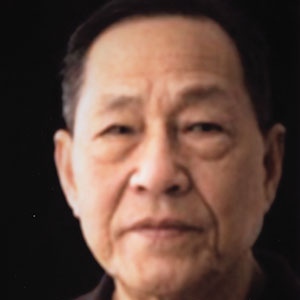 Bao TongBao Tong
Bao TongBao Tong -
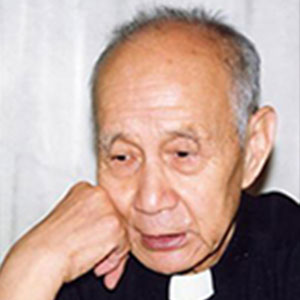 Cai ShifangCai Shifang
Cai ShifangCai Shifang -
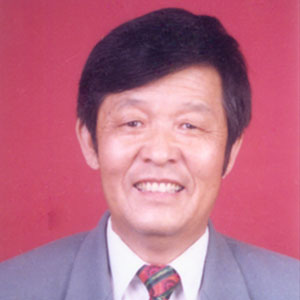 Chen FengxiaoChen Fengxiao
Chen FengxiaoChen Fengxiao -
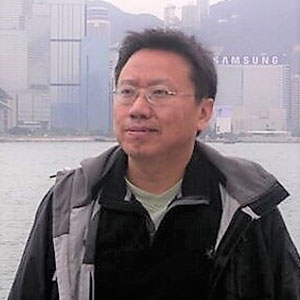 Chen PokongChen Pokong
Chen PokongChen Pokong -
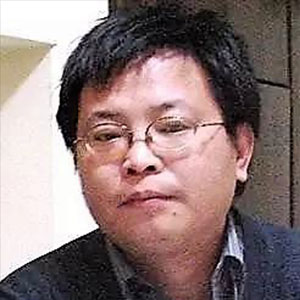 Chen WeiChen Wei
Chen WeiChen Wei -
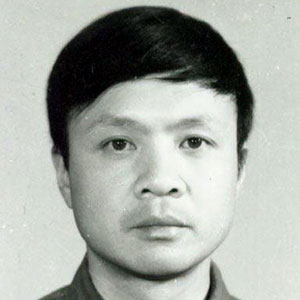 Chen WenliChen Wenli
Chen WenliChen Wenli -
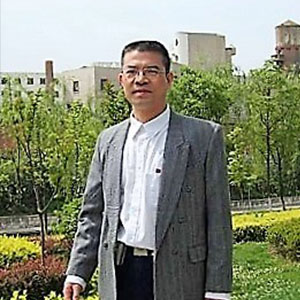 Chen XiChen Xi
Chen XiChen Xi -
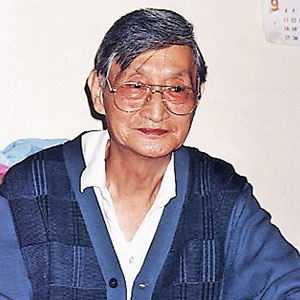 Cheng ZhongheCheng Zhonghe
Cheng ZhongheCheng Zhonghe -
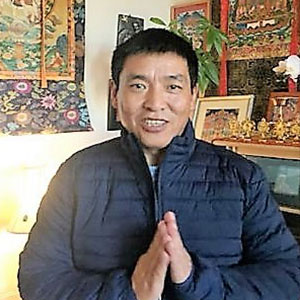 Dhondup WangchenDhondup Wangchen
Dhondup WangchenDhondup Wangchen -
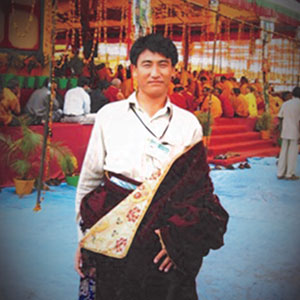 Dolka KyapDolka Kyap
Dolka KyapDolka Kyap -
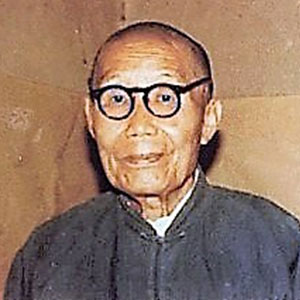 Fan XueyanFan Xueyan
Fan XueyanFan Xueyan -
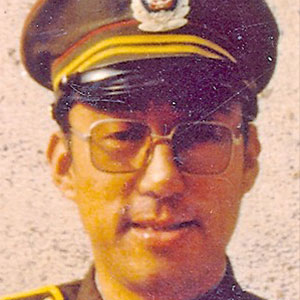 Gao PeiqiGao Peiqi
Gao PeiqiGao Peiqi -
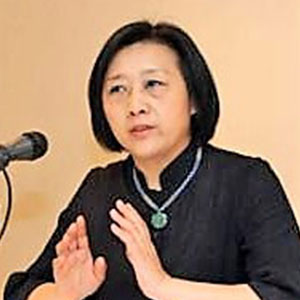 Gao YuGao Yu
Gao YuGao Yu -
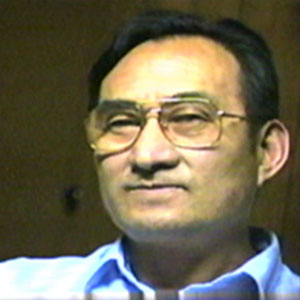 Guo JiminGuo Jimin
Guo JiminGuo Jimin -
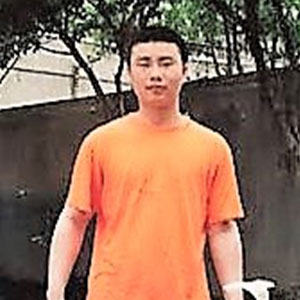 Gou ZhongshanGou Zhongshan
Gou ZhongshanGou Zhongshan -
 Ha DaHa Da
Ha DaHa Da -
 Harry WuHarry Wu
Harry WuHarry Wu -
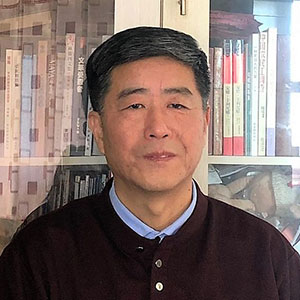 He DepuHe Depu
He DepuHe Depu -
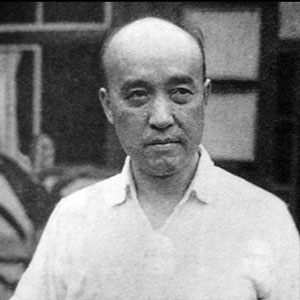 Hu FengHu Feng
Hu FengHu Feng -
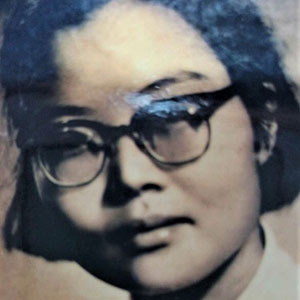 Hu WeiweiHu Weiwei
Hu WeiweiHu Weiwei -
 Ismail SemedIsmail Semed
Ismail SemedIsmail Semed -
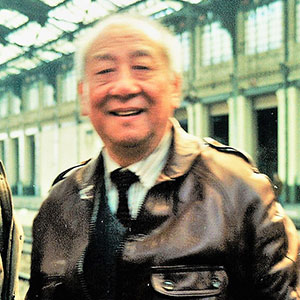 Jean PasqualiniJean Pasqualini
Jean PasqualiniJean Pasqualini -
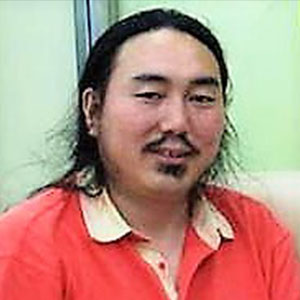 Karma SamdrupKarma Samdrup
Karma SamdrupKarma Samdrup -
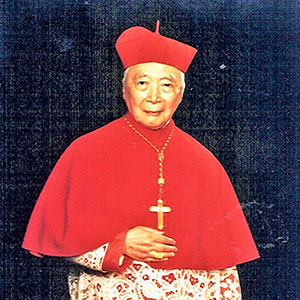 Kung Pin-Mei (Gong Pinmei)Kung Pin-Mei (Gong Pinmei)
Kung Pin-Mei (Gong Pinmei)Kung Pin-Mei (Gong Pinmei) -
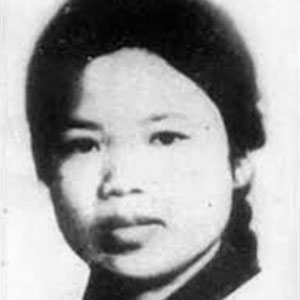 Li JiulianLi Jiulian
Li JiulianLi Jiulian -
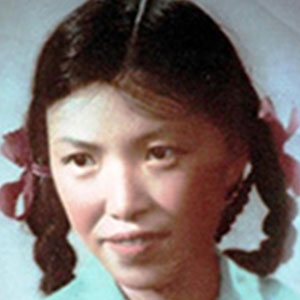 Lin ZhaoLin Zhao
Lin ZhaoLin Zhao -
 Liu XianbinLiu Xianbin
Liu XianbinLiu Xianbin -
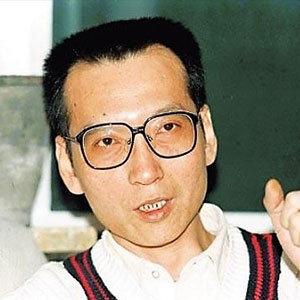 Liu XiaoboLiu Xiaobo
Liu XiaoboLiu Xiaobo -
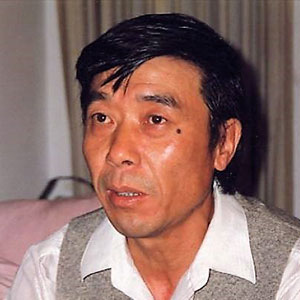 Liu Xinghu & Liu ZhuanghuanLiu Xinghu & Liu Zhuanghuan
Liu Xinghu & Liu ZhuanghuanLiu Xinghu & Liu Zhuanghuan -
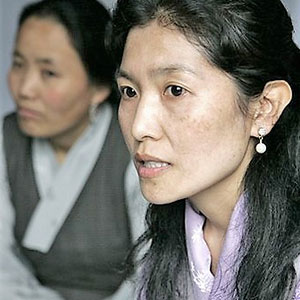 Ngawang SangdrolNgawang Sangdrol
Ngawang SangdrolNgawang Sangdrol -
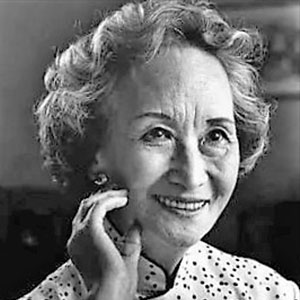 Nien ChengNien Cheng
Nien ChengNien Cheng -
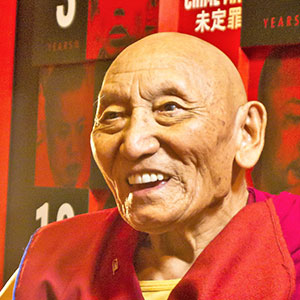 Palden GyatsoPalden Gyatso
Palden GyatsoPalden Gyatso -
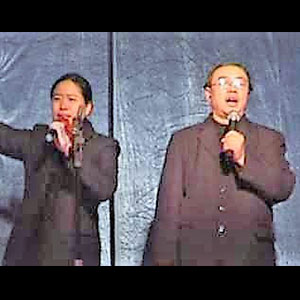 Pastors Yang Rongli and Wang XiaoguangPastors Yang Rongli and Wang Xiaoguang
Pastors Yang Rongli and Wang XiaoguangPastors Yang Rongli and Wang Xiaoguang -
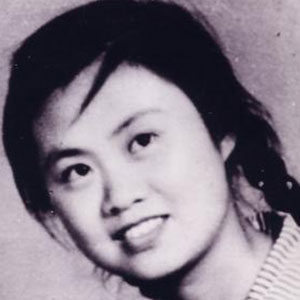 Qi JiazhenQi Jiazhen
Qi JiazhenQi Jiazhen -
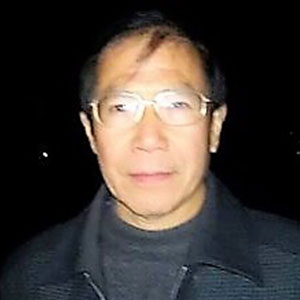 Qin YongminQin Yongmin
Qin YongminQin Yongmin -
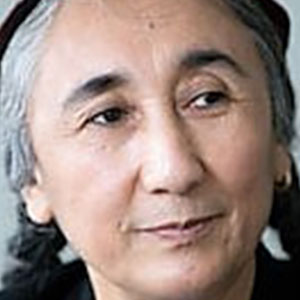 Rebiya KadeerRebiya Kadeer
Rebiya KadeerRebiya Kadeer -
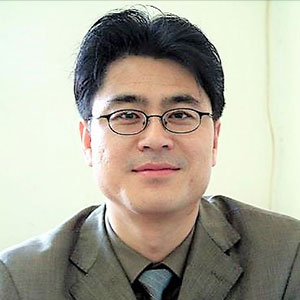 Shi TaoShi Tao
Shi TaoShi Tao -
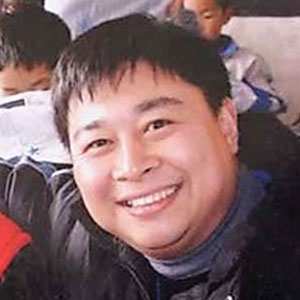 Shi WeihanShi Weihan
Shi WeihanShi Weihan -
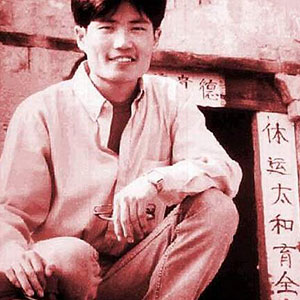 Sun ZhigangSun Zhigang
Sun ZhigangSun Zhigang -
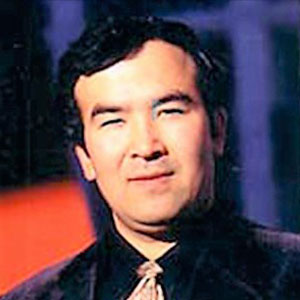 Tohti TunyazTohti Tunyaz
Tohti TunyazTohti Tunyaz -
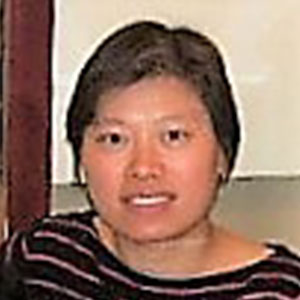 Tong YiTong Yi
Tong YiTong Yi -
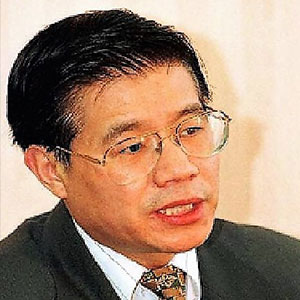 Wang BingzhangWang Bingzhang
Wang BingzhangWang Bingzhang -
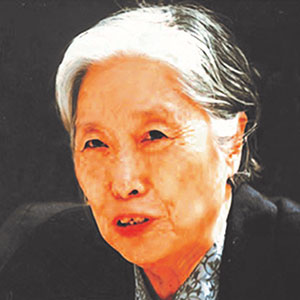 Wang GuangmeiWang Guangmei
Wang GuangmeiWang Guangmei -
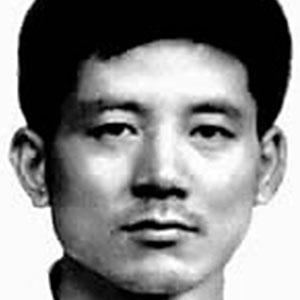 Wang ShenyouWang Shenyou
Wang ShenyouWang Shenyou -
 Wei JingshengWei Jingsheng
Wei JingshengWei Jingsheng -
 Wu DaizhiWu Daizhi
Wu DaizhiWu Daizhi -
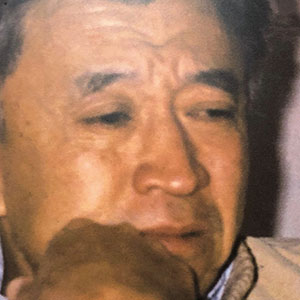 Xu PinghuaXu Pinghua
Xu PinghuaXu Pinghua -
 Xu WenliXu Wenli
Xu WenliXu Wenli -
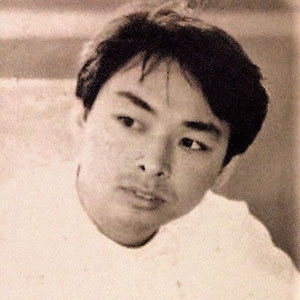 Yang Zili("New Youth Study Group" )Yang Zili("New Youth Study Group" )
Yang Zili("New Youth Study Group" )Yang Zili("New Youth Study Group" ) -
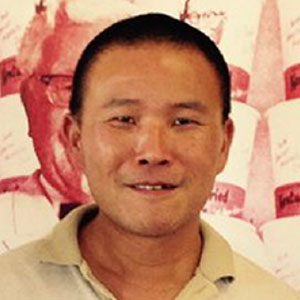 Yu Zhijian(Three Gallants of Tiananmen)Yu Zhijian(Three Gallants of Tiananmen)
Yu Zhijian(Three Gallants of Tiananmen)Yu Zhijian(Three Gallants of Tiananmen) -
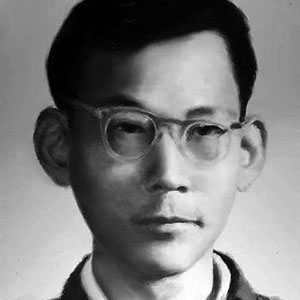 Yu LuokeYu Luoke
Yu LuokeYu Luoke -
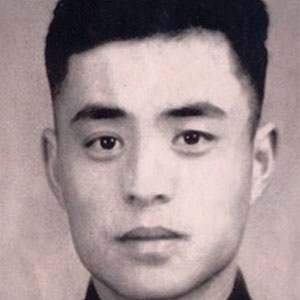 Zhang ChunyuanZhang Chunyuan
Zhang ChunyuanZhang Chunyuan -
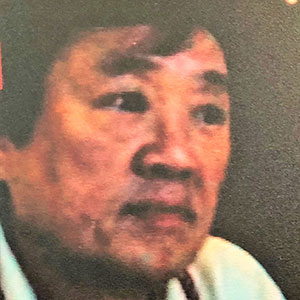 Zhang GuotingZhang Guoting
Zhang GuotingZhang Guoting -
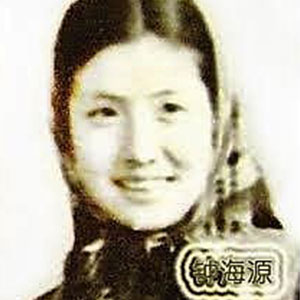 Zhong HaiyuanZhong Haiyuan
Zhong HaiyuanZhong Haiyuan -
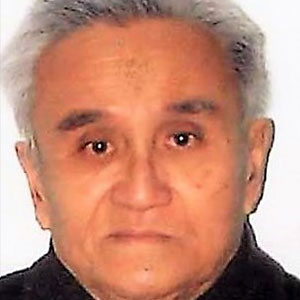 Zhang YidongZhang Yidong
Zhang YidongZhang Yidong -
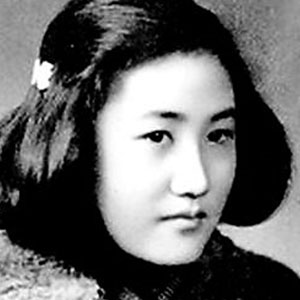 Zhang ZhixinZhang Zhixin
Zhang ZhixinZhang Zhixin

